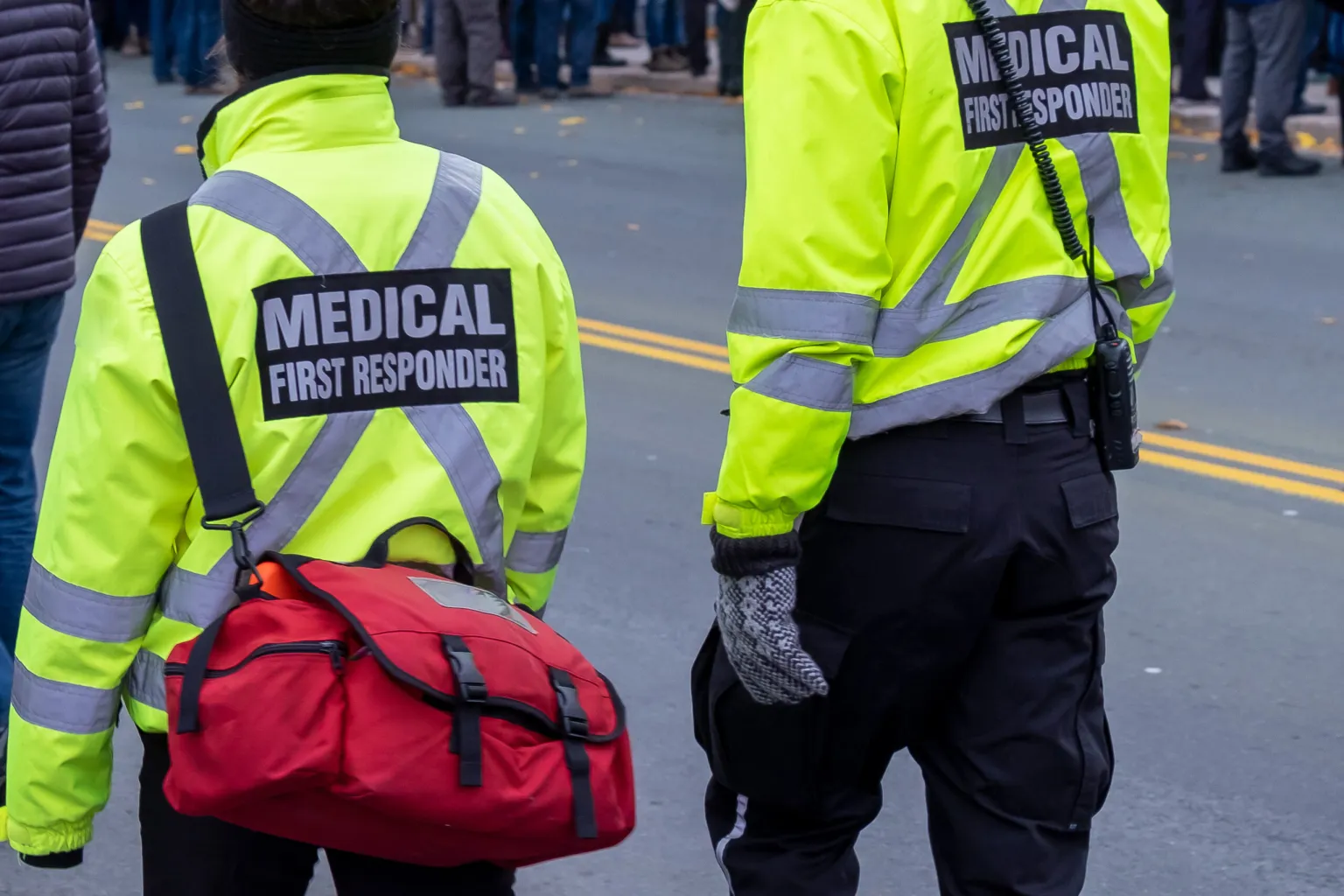ASAP Group Programmes

Is this for you?
The ASAP programmes are suitable for a wide range of people that in the course of their work have a higher exposure to traumatic experiences including, but not limited to:
* Fire and Emergency Responders and Police Officers including call-centre staff
* Medical practitioners, specialists and nurses including hospice staff
* Psychologists, counsellors, therapists and social workers
Due to the nature of their jobs, First Responders and Healthcare Professionals have higher and repeated exposure (in-person or vicariously) to traumatic experiences. This can have a major impact on personal wellbeing and relationships.
Regular and repeated trauma needs regular and maintained attention. The ASAP protocol has been developed for this specific purpose, to help mitigate and manage the mental stress that accompanies First Responder work and help them stay mentally resilient on the front lines.
Vicarious Trauma and Compassion Fatigue – it’s real
In the helping professions, it’s often said that caring for others comes at a cost. Vicarious trauma, sometimes called secondary traumatic stress, is a real and significant experience for those who work closely with trauma survivors.
While you may not have personally experienced the trauma, repeatedly hearing about and empathising with others’ pain can have lasting emotional and psychological impacts. Over time, these indirect exposures accumulate, leading to profound changes in your worldview, sense of safety, and ability to engage in your work and relationships.
Vicarious trauma can manifest in various ways. For some, it shows up as emotional exhaustion, feelings of helplessness, or even a sense of dread when approaching work. For others, it might look like becoming emotionally numb, disconnected from the people around them, or increasingly cynical about the world.
These reactions can make it harder to be present, do your job, or to take care of yourself, which is why it’s so essential to recognise and address them early on.

What is PTSD and how is trauma processed?
Humans are evolved to process and interpret information. Our logical experiences are connected with our emotional experiences and processed mostly in our sleep.
In the video Sonny Provetto from the Vermont Centre for Responder Wellness explains that trauma in essence is our minds’ inability to process overwhelming information during a traumatic experience.
The ASAP method is designed to assist with processing experiences.
Sonny Provetto is an ex-police officer turned trauma focussed therapist and a qualified EMDR Consultant. Sonny is the clinical director of the Vermont Centre for Responder Wellness and a key driving force behind the development of the ASAP programme.
The Acute Stress Adaptive Protocol (ASAP)
ASAP is a newly developed early intervention treatment based on EMDR methodology. EMDR is short for Eye Movement Desensitisation and Reprocessing and is a scientifically proven psychotherapy that is designed to alleviate the distress associated with traumatic memories.
Early intervention is key to preventing and mitigating PTSD, and key to the effectiveness of ASAP.
Research on ASAP has demonstrated its safety, effectiveness and relevance. Notably, it has been shown to reduce post-traumatic stress symptoms by an impressive 44% in First Responders.
The ASAP protocol has unique features that make it preferred in the First Response setting:
* The ASAP experience stays confidential: no need to re-tell and relive the event
* ASAP can be facilitated in a group
* ASAP groups can be a mix of different disciplines
* ASAP is a shorter and more concise process suited to the procedural training and skill set of Emergency Responders
* ASAP utilises clear worksheets, protocols, including follow-up care
The ASAP protocol was developed by the Vermont Centre for Responder Wellness (VCRW) in collaboration with Professor Paul Miller MD Clinical Lead at the Mirabilis Health Institute (Northern Ireland) and Derek Farrell – Lead Researcher from the University of Worcester (UK) and Queens University (Belfast, Northern Ireland).
In the video Paul Miller shows us what happens in a ASAP session.

Join us in the ASAP Group Programme
Prioritise your wellbeing and experience the benefits of ASAP for yourself!
We recommend that you make ASAP a part of your mental wellbeing routine. Sessions are currently planned to be facilitated in Hamilton on a monthly basis, including options for Friday afternoons or Saturday mornings.
Every new participant will start with a ‘Introduction to ASAP’ session, followed by the actual ASAP session. The following time, the participant will just join for a short catch up and the ASAP itself.
Pricing: $149.50 ($130 plus GST) per ASAP session.
Please note that the initial ‘Introduction to ASAP’ session for new participants is included in the overall programme pricing.
Upcoming dates:
Friday 18th October 2024: Introduction to ASAP session (for new participants only) 1.30pm-3.00pm; ASAP session 3.00pm-4.30pm
Saturday 23rd November: Introduction to ASAP session (for new participants only) 9.00-10.30am; ASAP session 10.30-12.00am.
Speaking Events
I enjoy sharing information!
One way of doing this is to address groups in the form of seminars and interactive workshops.
I have lots of experience in developing and presenting to a big variety of audiences and enjoy the challenge of engaging with every audience!
Current focuses are on the following:
- Vicarious Trauma in Healthcare Professionals and First Responders
- Understanding Attachment Theory and Attachment Informed Therapy
- Interpersonal Neurobiology – why it’s important to understand what’s going on in the brain and body